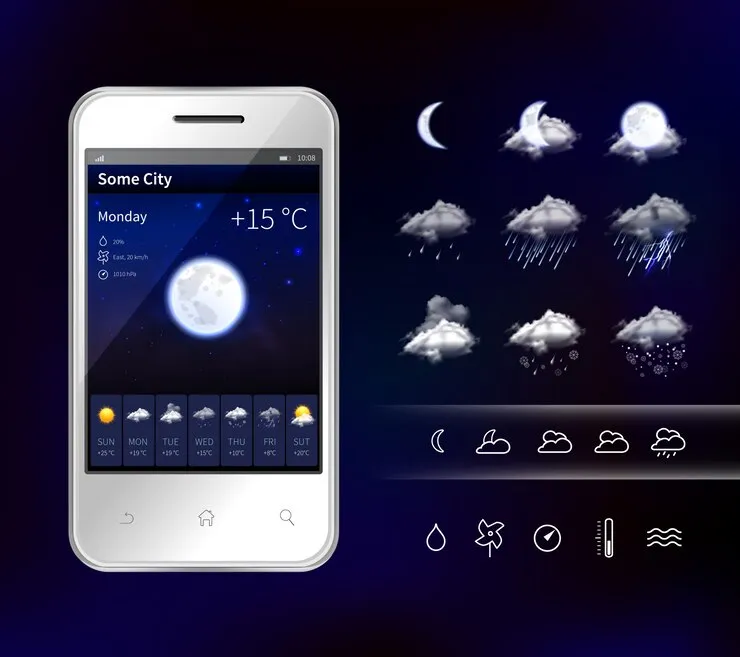Unlocking Insights: Harnessing the Power of Global Weather API
In today's interconnected world, staying ahead of weather patterns is not just a matter of convenience but a necessity. Whether you're planning a trip, managing agricultural operations, or developing innovative solutions, having access to accurate and timely weather data is crucial. Thankfully, with the advent of Global Weather APIs, accessing comprehensive weather information has never been easier. Let's delve into what these APIs are, how they work, and the myriad of ways they can be utilized.

Understanding Global Weather API:
Global Weather APIs, or Application Programming Interfaces, are tools that provide access to weather data from various sources worldwide. These APIs collect information from weather stations, satellites, radar systems, and other sources, aggregating it into a format that developers can easily integrate into their applications and services.
How Global Weather APIs Work: At the heart of Global Weather API are vast networks of weather monitoring stations and satellites that collect data on temperature, precipitation, wind speed, humidity, and more. This data is then processed and made available through APIs in standardized formats such as JSON or XML, allowing developers to retrieve specific weather information based on geographical location, time, and other parameters.
Key Features and Benefits:
- Real-time Updates: Global Weather APIs provide real-time updates on weather conditions, enabling users to make informed decisions quickly.
- Historical Data: Many APIs offer access to historical weather data, allowing users to analyze past trends and patterns for better planning and forecasting.
- Customization: Users can customize their queries to retrieve specific weather parameters relevant to their needs, whether it's for agriculture, transportation, or outdoor activities.
- Scalability: Global Weather APIs are designed to handle large volumes of requests, making them suitable for applications with high traffic and diverse user bases.
- Integration: These APIs can be seamlessly integrated into a wide range of applications, including websites, mobile apps, and IoT devices, enhancing their functionality and utility.
Practical Applications:
- Travel and Tourism: Airlines, travel agencies, and booking platforms can leverage Global Weather APIs to provide travelers with up-to-date weather forecasts for their destinations, helping them plan their trips more effectively.
- Agriculture: Farmers and agricultural companies can use weather data to optimize crop management, irrigation schedules, and pest control efforts, ultimately improving yields and reducing risks.
- Logistics and Transportation: Shipping companies, logistics providers, and ride-sharing services can utilize weather information to optimize routes, minimize delays, and enhance overall operational efficiency.
- Emergency Management: Government agencies and disaster response teams rely on weather data to monitor natural disasters such as hurricanes, floods, and wildfires, enabling them to issue timely warnings and coordinate relief efforts.
- Outdoor Recreation: Outdoor enthusiasts, event organizers, and sports facilities can benefit from weather forecasts to plan recreational activities, festivals, and sporting events, ensuring the safety and enjoyment of participants.
Challenges and Considerations:
While Global Weather API offer tremendous potential, there are some challenges and considerations to keep in mind. These include the need for data accuracy and reliability, potential limitations in coverage and resolution, as well as the cost of accessing premium features and datasets. Additionally, developers must adhere to usage policies and guidelines set forth by API providers to ensure compliance and avoid misuse of data.
Conclusion:
Global Weather APIs have revolutionized the way we access and utilize weather information, empowering individuals and organizations across various industries to make informed decisions and mitigate risks. By harnessing the power of these APIs, we can unlock valuable insights into weather patterns, trends, and phenomena, driving innovation and resilience in the face of ever-changing environmental conditions. Whether you're a traveler, farmer, logistics manager, or emergency responder, Global Weather APIs offer a versatile and indispensable tool for navigating the complexities of our dynamic world.